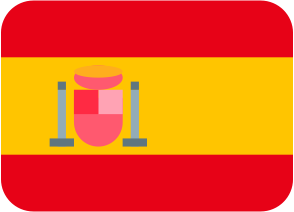Take Control of Your Money with 10 Simple Budgeting Habits
Actionable tips to grow savings, pay off debt, and master monthly budgeting

Keeping your finances in check doesn’t have to be complicated. With a few practical habits you can protect your cash, grow your savings, and chip away at credit card balances without feeling overwhelmed. Below are simple, actionable steps tailored for how people manage money across the U.S., using paychecks, apps, and everyday banking tools.
Track Every Dollar for Clearer Decisions
Start by recording income and every expense for one month. Use a budgeting app or a simple spreadsheet to see where your dollars go so you can spot subscriptions and impulse spends that quietly drain your account.
Once you know your cash flow, assign each dollar a job. Give priority to essentials, then allocate fixed amounts to savings and debt repayment so you’re not guessing how to handle the next paycheck.
Automate Savings and Bills to Remove Friction
Set up automatic transfers from checking to savings right after payday. Treat savings like a recurring bill so you build an emergency fund without having to remember it each month.
Automate bill payments where possible to avoid late fees and protect your credit score. Automation frees mental space and keeps your monthly budget predictable, especially when juggling rent and utilities.
Cut Waste Quickly and Reallocate Gains
Identify one or two subscription services you can cancel this month and redirect that cash to a high-yield savings account or a credit card payoff. Small cuts compound fast when you consistently reallocate the savings.
Shop with a list to curb impulse buys and compare prices online before big purchases. Even minor changes like packing lunch or switching to a cheaper cell plan add up and accelerate your financial goals.
Make Debt Work Against Itself with Smart Payments
Focus extra payments on the highest-interest credit card while maintaining minimums on the rest. This avalanche-style approach saves interest and shortens the repayment timeline in a way that you can actually feel.
If you have access to employer retirement matching like a 401(k), keep contributing at least enough to get the match while you pay down high-interest credit. Balance long-term growth with short-term debt reduction for a resilient money plan.
Review and Adjust Every Month
Set a monthly money check-in to review spending, update goals, and celebrate wins. A quick 20-minute session keeps you accountable and helps you pivot when life changes your paycheck or expenses.
Start small today by choosing one habit to implement this week. Track it for a month, then add another. Consistent, incremental changes are what turn simple habits into long-term financial control.






























